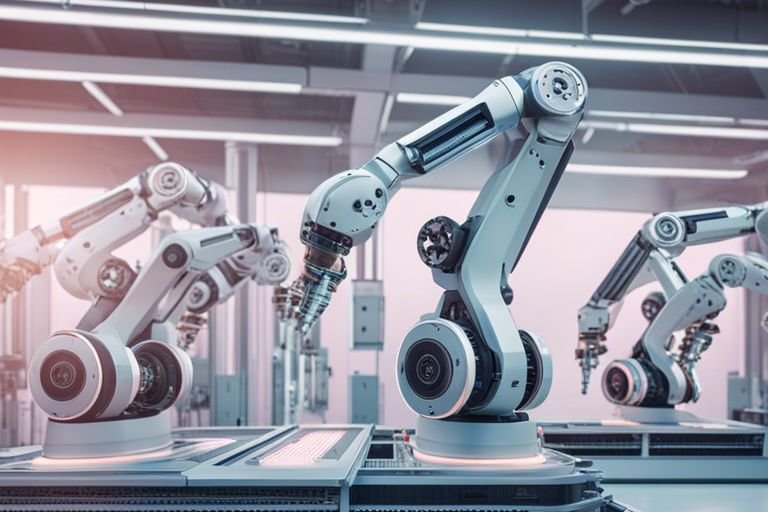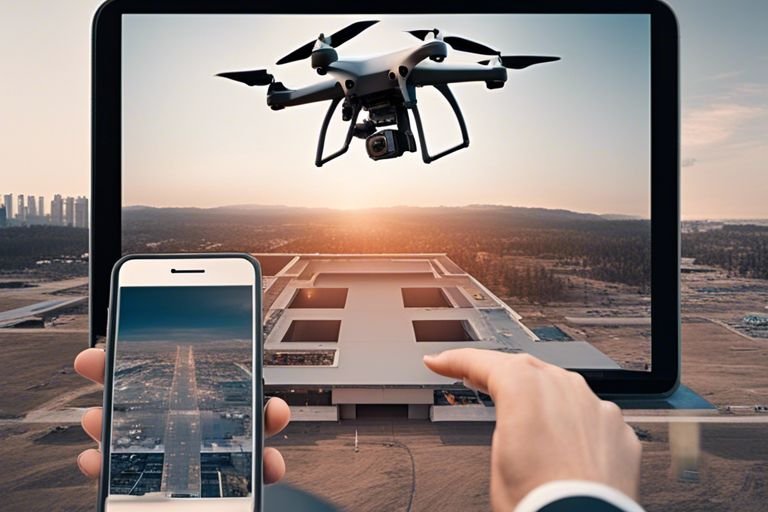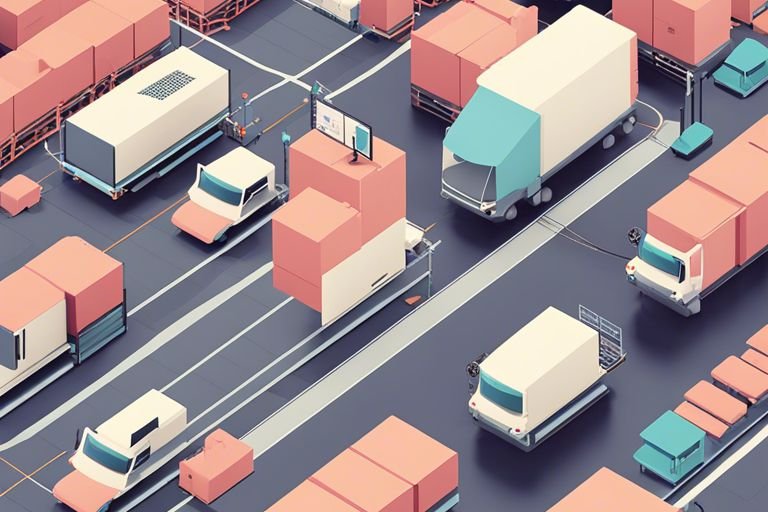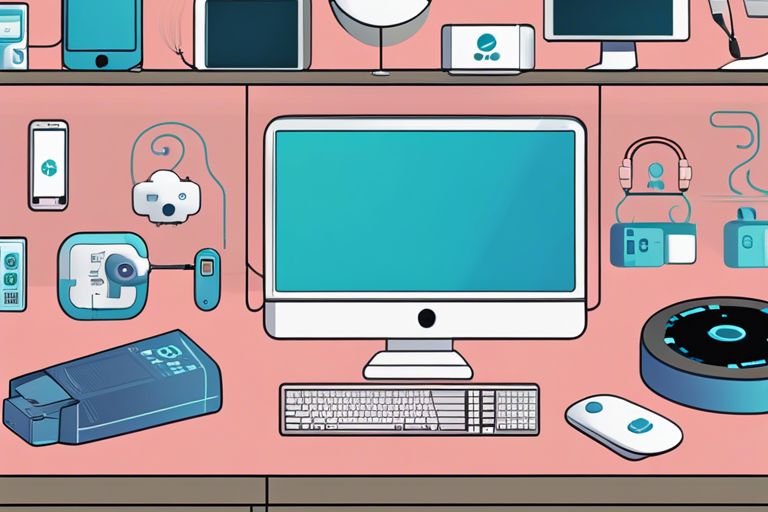What Is the Future of ERP Systems in the Internet of Things (IoT) Era?
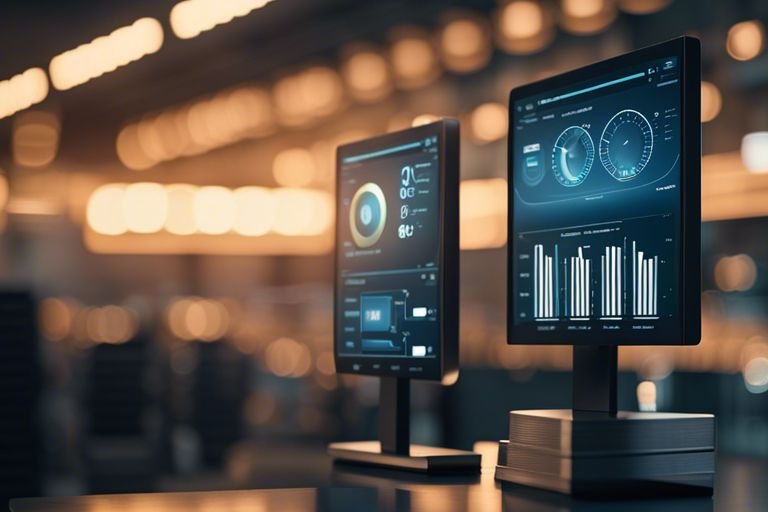
In the rapidly evolving landscape of technology, the Internet of Things (IoT) has emerged as a game-changer, revolutionizing the way products, devices, and systems interact and communicate with each other. As the IoT continues to gain momentum, the integration of ERP systems with IoT capabilities is poised to transform the way businesses operate and manage their resources. This informative blog post will explore the potential impact of IoT on ERP systems, and how organizations can leverage this synergy to drive efficiency, productivity, and innovation in the digital era.
Key Takeaways:
- Integration of IoT: In the future, ERP systems will need to seamlessly integrate with IoT devices to leverage real-time data from sensors and devices for improved decision-making and operational efficiency.
- Data-driven Insights: ERP systems in the IoT era will be capable of analyzing massive amounts of data from IoT devices to provide valuable insights for predictive maintenance, supply chain optimization, and customer behavioral analysis.
- Cybersecurity and Privacy Concerns: As ERP systems become more interconnected with IoT devices, there will be an increased need for robust cybersecurity measures to protect sensitive data and ensure privacy compliance
Integration of ERP and IoT
Clearly, the integration of ERP systems and IoT technology is revolutionizing the way businesses operate. ERP systems are no longer standalone platforms, but rather interconnected with IoT devices and sensors to enable better decision making, improved efficiency, and increased productivity.
Data Collection and Analysis
Collection and analysis of data from IoT devices and sensors are transforming the way businesses gather and interpret information. ERP systems integrated with IoT technology can collect real-time data on product performance, customer behavior, and supply chain operations. This data is then analyzed to provide valuable insights and actionable intelligence for persona making, inventory management, and predictive maintenance.
Real-Time Decision Making
Real-time data from IoT devices enables businesses to make informed decisions on the spot. It allows for quick adjustments to production schedules, inventory levels, and distribution routes based on real-time demand and supply data. It also facilitates proactive maintenance and issue resolution, leading to improved product quality and customer satisfaction.
It empowers businesses to respond to market trends and consumer preferences in real-time, ensuring competitive advantage and operational excellence.
Advancements in ERP Functionality
Now, as we look to the future of ERP systems in the IoT era, it is important to consider the advancements in ERP functionality that will drive this transformation. With the integration of IoT technology, ERP systems are evolving to offer new and enhanced features that will revolutionize the way organizations manage their resources, operations, and data.
Predictive Maintenance
With the adoption of IoT technology, ERP systems are now equipped with the capability of predictive maintenance, which allows organizations to anticipate when equipment or machinery is likely to fail and proactively address issues before they occur. This functionality not only reduces downtime and costly repairs but also optimizes maintenance schedules and extends the lifespan of assets, ultimately leading to significant cost savings and increased operational efficiency.
Enhanced Supply Chain Management
Functionality in ERP systems has been significantly enhanced in the area of supply chain management with the integration of IoT technology. With real-time monitoring and tracking of inventory, products, and shipments, organizations can now gain deeper insights into their supply chain processes and make more informed decisions. This improved visibility and transparency enable better inventory management, accurate demand forecasting, and streamlined logistics, ultimately leading to improved customer satisfaction and cost savings.
For instance, IoT-enabled ERP systems now allow for seamless communication and collaboration between multiple stakeholders in the supply chain, including suppliers, manufacturers, distributors, and retailers. This results in faster response times, reduced lead times, and improved overall supply chain performance, all of which are essential in today’s highly competitive and fast-paced business landscape.
Challenges and Considerations
Not only do ERP systems in the Internet of Things (IoT) era offer immense potential for streamlining processes and providing real-time insights, but they also present a host of challenges and considerations that organizations must address in order to fully leverage their benefits.
Security Concerns in an Interconnected World
The interconnected nature of IoT devices and ERP systems opens up a myriad of security concerns. With multiple devices and systems communicating with each other, the attack surface for potential security breaches expands, posing a significant threat to sensitive data and operations. Additionally, the inherent limitations of IoT devices in terms of computing power and storage capacity make them more vulnerable to security threats.
Overcoming Integration Complexities
An important consideration in the future of ERP systems in the IoT era is the complexity of integrating various IoT devices and systems with existing ERP solutions. The diversity of IoT devices and protocols, along with the need to ensure compatibility and seamless data exchange, presents a significant integration challenge for organizations. Overcoming these complexities is crucial to harness the full potential of IoT-enabled ERP systems.
Plus, organizations need to consider the scalability and flexibility of their ERP solutions to accommodate the diverse range of IoT devices and systems, as well as the need for robust data governance and management to ensure the integrity and security of IoT-generated data.
Case Studies of IoT-Driven ERP Transformations
After extensive research and analysis, several case studies have emerged that highlight the impact of IoT-driven ERP transformations across various industries. The following are some notable examples:
- 1. Manufacturing Company A: Implemented IoT-enabled sensors in their production line, resulting in a 20% increase in productivity and a 15% reduction in maintenance costs.
- 2. Retail Chain B: Integrated ERP system with IoT devices to optimize inventory management, leading to a 30% decrease in out-of-stock items and a 25% increase in sales.
- 3. Logistic Company C: Utilized IoT data for predictive maintenance, achieving a 40% reduction in equipment downtime and a 20% decrease in maintenance expenses.
Manufacturing Sector Innovations
Studies have shown that the integration of IoT technologies with ERP systems has revolutionized the manufacturing sector. By leveraging real-time data from connected devices, manufacturers are able to optimize their production processes, enhance quality control, and minimize downtime. This has led to significant improvements in efficiency and cost savings for many organizations.
Retail Industry Adaptations
IoT-driven ERP transformations have also had a profound impact on the retail industry. By incorporating IoT devices with their ERP systems, retailers have been able to gain valuable insights into customer behavior, streamline their supply chain operations, and deliver personalized shopping experiences. This has resulted in increased sales, improved customer satisfaction, and a competitive edge in the market.
This seamless integration of IoT and ERP technologies is revolutionizing how businesses operate, offering unprecedented opportunities for growth, efficiency, and innovation. By harnessing the power of IoT-driven ERP transformations, organizations can stay ahead of the curve and drive success in the rapidly evolving digital landscape.
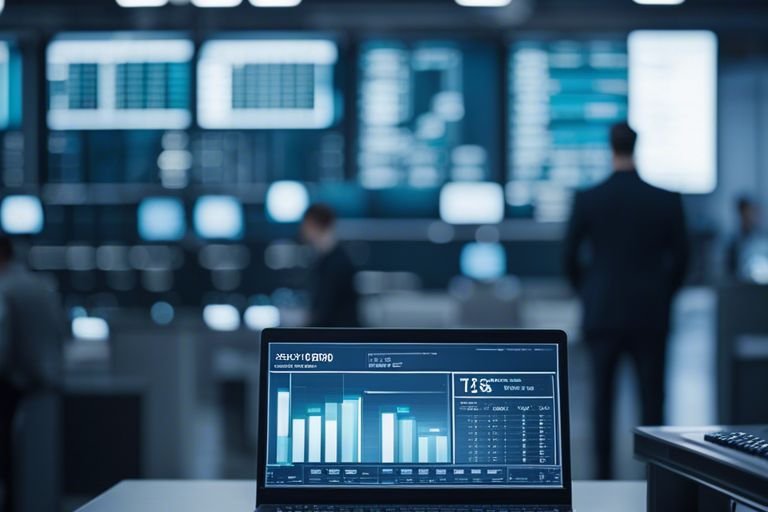
Future Trends and Predictions
Keep an eye on the future developments in Enterprise Resource Planning (ERP) systems, as they continue to evolve in the Internet of Things (IoT) era. In the coming years, we can expect to see a significant impact from technologies such as Artificial Intelligence (AI) and 5G connectivity, which will shape the future of ERP systems in unprecedented ways.
The Role of Artificial Intelligence
Future advancements in AI will play a crucial role in the evolution of ERP systems. AI-powered ERP systems will be capable of automating complex tasks, analyzing large volumes of data in real time, and providing valuable insights to improve decision-making processes. It is predicted that AI will revolutionize how ERP systems handle data, streamline operations, and enhance overall efficiency for organizations.
The Impact of 5G Connectivity
Impact of 5G connectivity will be monumental for ERP systems, as it will enable faster and more reliable data transmission, paving the way for real-time monitoring and analysis. With the increased speed and capacity of 5G networks, ERP systems will be able to handle massive amounts of data from connected devices, resulting in improved responsiveness and agility for organizations in managing their operations.
Additionally, 5G connectivity will facilitate seamless integration of ERP systems with IoT devices, allowing for enhanced communication and data exchange between various systems, devices, and personnel. This will lead to greater interoperability, improved decision-making, and ultimately, enhanced productivity for organizations harnessing the power of ERP systems in the IoT era.
The Future of ERP Systems in the Internet of Things (IoT) Era
The future of ERP systems in the Internet of Things (IoT) era is undeniably promising. As IoT technology continues to revolutionize the way businesses operate and collect data, ERP systems will need to evolve to effectively process and utilize this influx of information. The integration of IoT with ERP systems will enable companies to improve their real-time data analysis, optimize supply chain management, and enhance overall operational efficiency. With the ability to automate routine tasks and proactively identify maintenance issues, ERP systems in the IoT era will enable businesses to stay competitive in an increasingly digital and interconnected world. To stay at the forefront of this technological shift, organizations must invest in robust ERP systems that can seamlessly integrate with IoT devices and leverage the benefits of real-time data insights.
